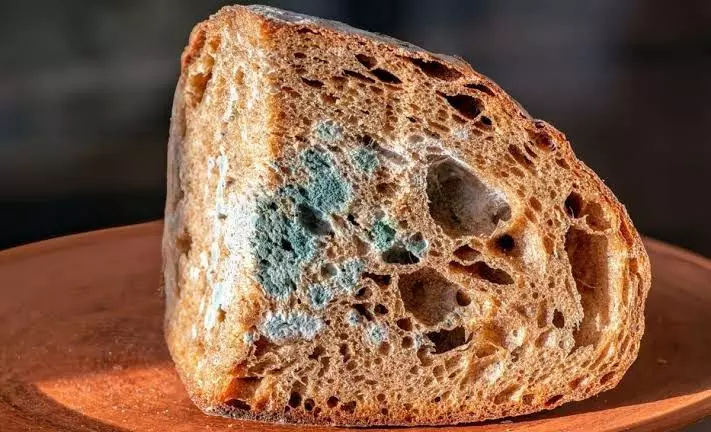38% Indian consumers came across contaminated food; survey shows need for audit, enforcement
These findings by LocalCircles, released on World Health Day, raise serious questions about how food safety is managed and monitored across India’s retail and distribution chains.
By Anoushka Caroline Williams
38% Indian consumers came across contaminated food; survey shows need for audit, enforcement
New Delhi: As much as 38 per cent of household consumers reported having purchased packaged food products in the last three years that were infested with insects, fungus or similar contaminants, even though the products were within their expiry date.
These findings by LocalCircles, released on World Health Day, raise serious questions about how food safety is managed and monitored across India’s retail and distribution chains.
Frequent encounters with contaminated products
The survey gathered over 40,000 responses from consumers across 341 districts in India. When asked how many such products they had encountered in the last three years, 20 per cent of respondents said they had 1–2 experiences, while 7 per cent cited 3-6 products, 9 per cent mentioned 7-10, and 2 per cent had found over 10 infested items.
A little more than half (51%) said they had never faced such an issue, and 11 per cent did not offer a definite response.
Products involved included everyday staples and popular items—from bread and flours to ice creams, syrups, wafers and instant noodles. Some extreme incidents included reports of a centipede in an ice cream tub, a dead rat in a chocolate-flavoured syrup bottle and a frog in a packet of chips.
59 per cent of consumers ready to leave brand with tainted goods
The quality issues appear to have a direct impact on brand perception and future purchase decisions. In the survey, 59 per cent of consumers said they would avoid all products from a brand if even one item was found to be infested. A further 25 per cent said they would stop purchasing the specific product, but not other items from the same brand.
Only 11 per cent stated that such an incident would not affect their buying behaviour. The results suggest that food safety lapses can lead to a long-term loss of trust and revenue for food brands.
Moisture, improper temperature control and lack of cleanliness
While contamination can occur during manufacturing, post-production handling and storage were identified as equally critical weak points.
Experts and consumers both point to problems like moisture, improper temperature control, and lack of cleanliness at storage facilities across the supply chain—issues which often go unmonitored.
Public backs stronger regulatory enforcement
The survey also examined what consumers expect from regulators. A staggering 88 per cent of respondents said that the Food Safety and Standards Authority of India (FSSAI) and state food departments should drastically increase their audit and enforcement activities across the entire supply chain, from manufacturers to local grocery stores.
Only 10 per cent felt that increased checks were not necessary, while 2 per cent were unsure.
Legal framework exists but implementation is weak
India’s Food Safety and Standards Act, 2006, prohibits the sale of unsafe or substandard food, including infested products. Yet consumers expressed concern that existing laws are not being enforced rigorously. Many inspections reportedly happen only when businesses apply for or renew FSSAI licenses.
Consumers also highlighted how complaints about packaged food are often resolved with minimal effort from sellers—typically limited to offering a refund—with no systemic accountability or action against the brand involved.
Call for better audits and a public reporting system
Given the volume of complaints, LocalCircles has urged the FSSAI and the Ministry of Health and Family Welfare to initiate a national plan that includes stronger audits, widespread public awareness campaigns, stricter enforcement mechanisms, and a consumer-friendly reporting and grievance redressal system.
On World Health Day 2025, the organisation pledged to escalate the survey results to relevant authorities to improve food safety standards across India.
Survey demographics
Of the 40,000+ responses, 62 per cent came from men and 38 per cent from women. Participants included residents from a wide range of urban and rural areas: 40 per cent from tier-1 cities, 32 per cent from tier-2 towns, and 28 per cent from tier-3, tier-4, and rural districts. The survey was conducted via the LocalCircles platform and included only validated citizen responses.